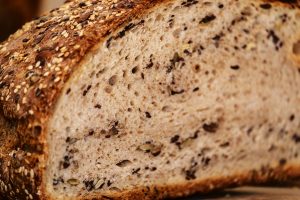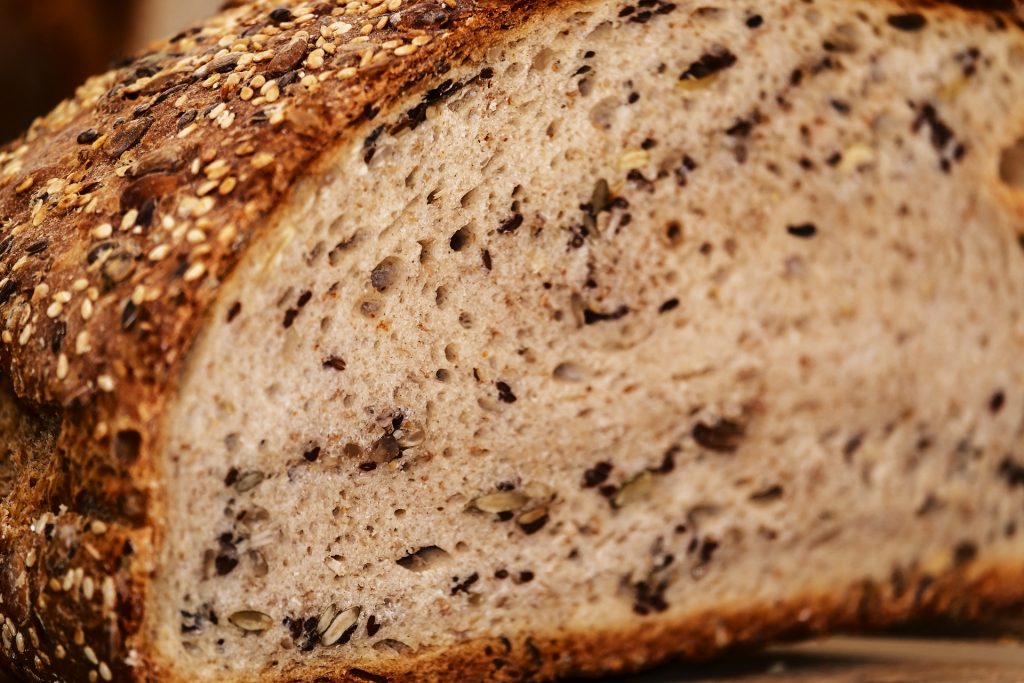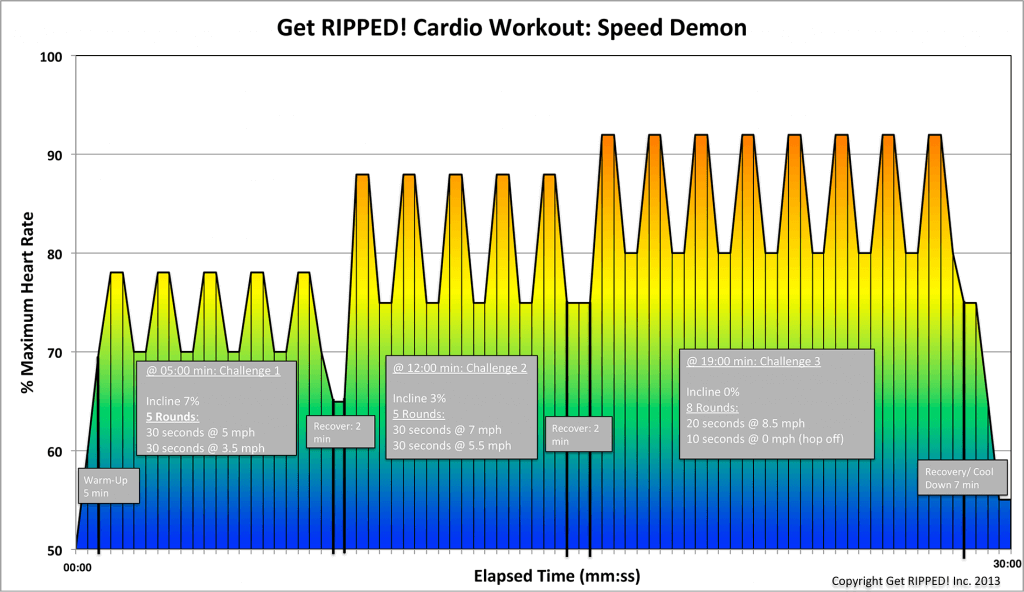Blog
Are Grains Unhealthy For Me?
 The answer on many nutritional questions isn’t always simple. Whether grains are healthy or unhealthy is one of those that are difficult. Let’s start with cases where everyone agrees. For people with celiac disease or who are gluten intolerant, many grains are unhealthy. Their body doesn’t process them properly and in the case of celiac, it triggers an immune response. For the average person, whole grains are healthy, but refined grains aren’t. Whole grains include the bran, germ and endosperm, while refined grains only contain the endosperm that only contains starchy carbs and a small amount of protein. The germ and bran provide the most nutrients.
The answer on many nutritional questions isn’t always simple. Whether grains are healthy or unhealthy is one of those that are difficult. Let’s start with cases where everyone agrees. For people with celiac disease or who are gluten intolerant, many grains are unhealthy. Their body doesn’t process them properly and in the case of celiac, it triggers an immune response. For the average person, whole grains are healthy, but refined grains aren’t. Whole grains include the bran, germ and endosperm, while refined grains only contain the endosperm that only contains starchy carbs and a small amount of protein. The germ and bran provide the most nutrients.
It may be hard for you to digest grains.
If you’re gluten intolerant or have celiac disease, it doesn’t matter whether you eat whole grains or processed grain, they both contain gluten. For all others, gluten may still be harder to process. It’s a combination of two proteins, making it difficult for your body to digest. It can cause inflammation, which can potentially damage the intestines and cause inflammation, triggering an autoimmune response. That is the description of celiac disease. Due to changes in agriculture, a variety of wheat that contains more gluten has become a prominent wheat grown today.
Grains may affect your body’s enzymes.
Enzymes are messengers that tell your body to start a process. If you didn’t have enzymes, digestion would never occur. Grains are seeds and seeds are Mother Nature’s way of propagating a species. There are built in methods used to spread the seed. For instance, seeds are often consumed by animals. To prevent them from sprouting until conditions are proper, seeds contain enzyme inhibitors. That prevents them from sprouting inside the animal if they broke the hard shell, but it also can inhibit digestive enzymes, impeding digestion.
Phytic acid is in seeds, which means grains contain them.
Phytic acid is in all seeds, but it’s particularly bad in grain. Phytic acid is considered an anti-nutrient and affects the absorption of iron, zinc and calcium from that seed in the small intestines and can even reduce the amount of digestive enzymes that break down protein. Whole grain actually contains more. It’s all about how the grain is processed. Phytic acid is in other seeds, like beans, where it’s removed by soaking. Fermenting and sprouting grain also removes the phytic acid.
- Give your digestive system a treat and avoid phytic acid by eating sprouted bread or sour dough—fermented—bread made with whole grains.
- Whole grain is high in fiber, which is heart healthy. It is also high in B vitamins, zinc, iron, magnesium and manganese. It contains protein and antioxidants, too.
- The fiber and magnesium in grain also lowers the risk of diabetes. The fiber aids in weight control and can help by regulating blood sugar levels.
- While the gluten in grain can cause inflammation and the enzyme inhibitors cause digestive problems, the fiber in grain aids digestion. New studies show that eating whole grains may also help reduce inflammation.
For more information, contact us today at Get Ripped! Jari Love


